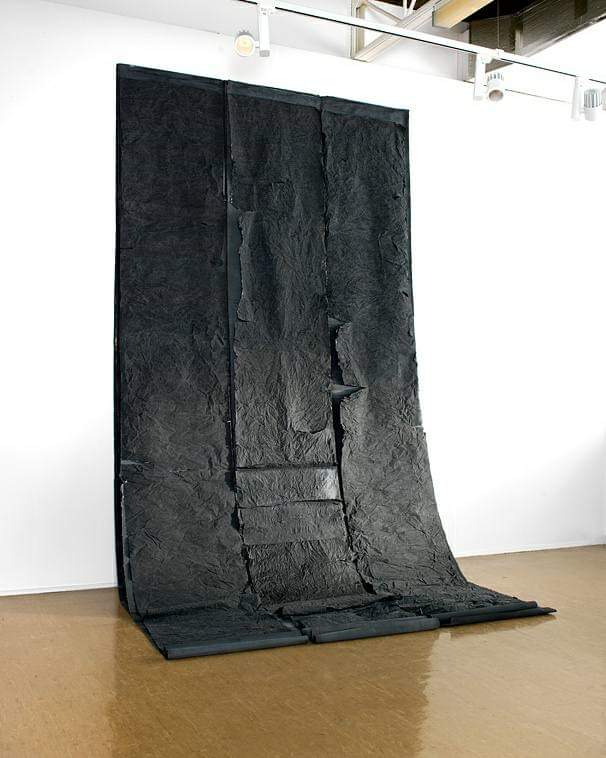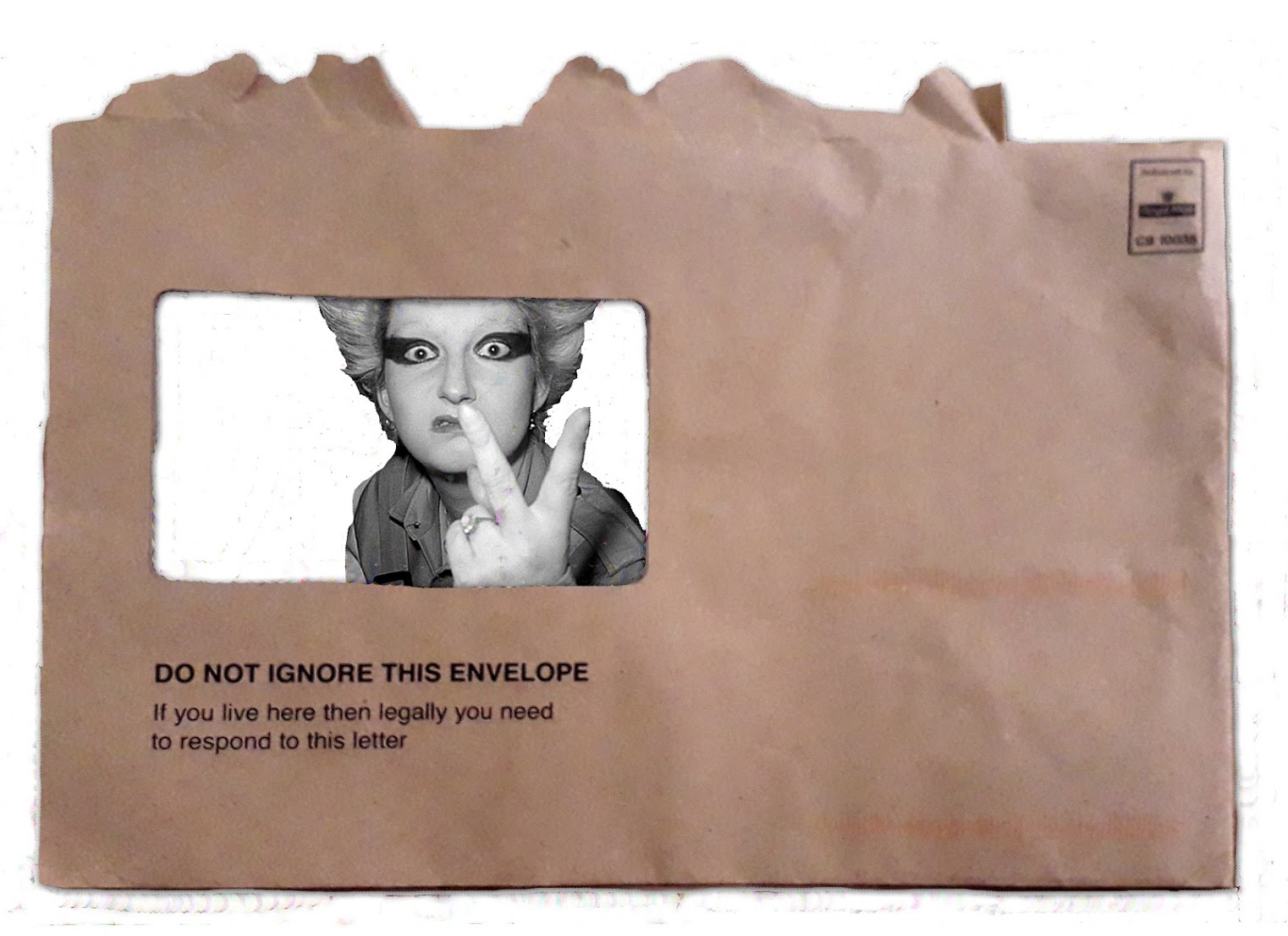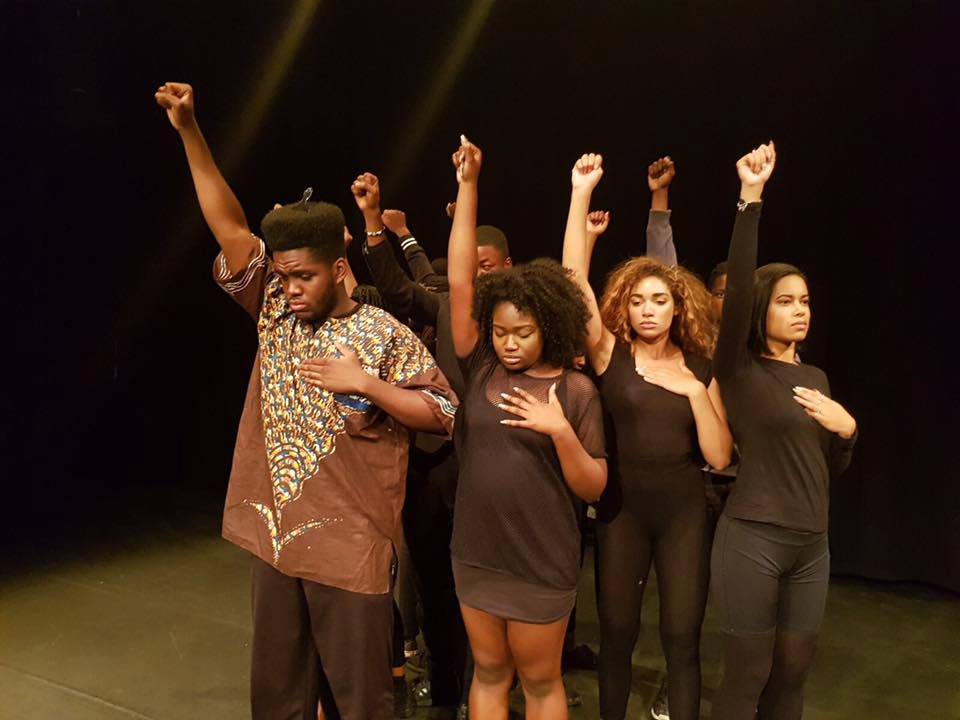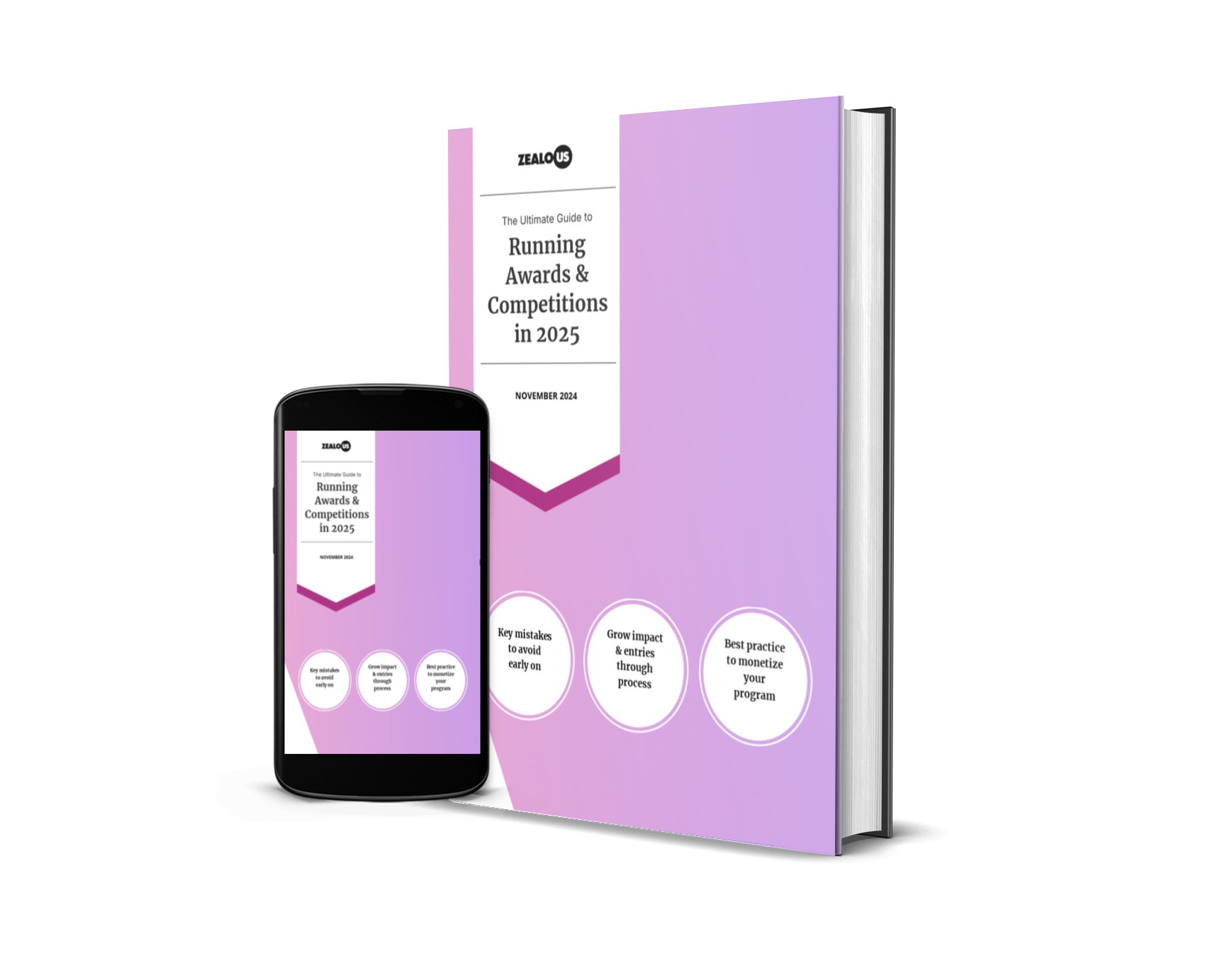Rethink your perks

The reason any candidate submits to call outs is because they want to win what you are offering them. Usually these will be a mixture of money, space, kit, knowledge, exposure and an opportunity to build their profile.
What you offer will attract certain types of applicants. For example, organising an exhibition in London will likely attract submissions from that area. This is because shipping works becomes increasingly expensive the further you are from the venue.
Every one of your perks comes with its own set of biases towards some groups. Have a think if these are likely to stop the candidates you would like to apply from taking part. You may also be able to offset these with other perks. i.e. by offering to support some of the submissions with travel subsidies if they apply from certain regions.
Be mindful of the ask

Balancing out what you expect candidates to do, with what they can win will heavily impact whether people submit. This becomes increasingly the case when you are targeting groups that might be tight on resources and time.
For example, targeting young mothers, single parent families or individuals who take on multiple jobs will need careful planning. Saving those individuals as much time as possible in the application process is key to their engagement. This means cutting back on your application forms and requesting the minimum amount of information for you to be able to make a meaningful decision.
It helps if you include a clear indication of how long it will take them to submit at the top of your guidelines.
Simplify Language

Writing clear guidelines is an art, even more so if you’re targeting a group of people who’s first language is not the one that you are using. This is also the case when targeting certain age groups, or groups who have a certain level of education. Ensuring your guidelines fit the needs of the group will serve anyone who will submit to you.
Luckily free services exist that can support you in creating great guidelines. This online readability test should help you test the complexity of your text; and this one should help you improve it.
If you wanted to go even further, you could install grammar.ly to your browser. This will help you fix any big issues with your text and give you an indication of the tone you are using.
Re-read your terms

Terms are no different from guidelines. They should be as clear and concise. But this section is less about their format, and more about their content. As terms are a heavy workload, we tend to reuse them year to year – or if it’s our first open call – modify someone else’s. Your terms are likely to contain legacy clauses that are now irrelevant. Worst still, there may be unintended bias on who can submit.
For example, the definition of emerging talent within terms often includes age and education restrictions, meaning only people below the age of 30 who have completed a university course in the last 3 years will be able to submit. As society is moving, this is less and less likely the case. Candidates are joining our field later in life and may be self-taught due to the increasing cost of higher education. Removing these restrictions and replacing them with clauses which focus on how long they have been practicing their craft professionally is more relevant – and more inclusive.
Priced out

Taking submission fees will automatically close the door on those who cannot afford the smallest of fees.
Removing the fee isn’t always possible, but there are other alternatives.
You can give away submissions to candidates who come from specific channels or offer a heavily discounted early bird price, which would force candidates to submit early and give access to those who may not be able to afford your fee.
Diversify your selection panel

If everyone selecting/judging your call out is a Caucasian male, it is unlikely you’ll appeal to everyone. Candidates need to feel represented by those selecting the winners, this will in turn encourage more varied applications.
Having a diverse panel will help ensure candidates submit; but it will also allow you to celebrate a deeper, richer quality of creativity in your call outs.
Judge anonymously

Other tools exist that can help you ensure bias is removed from the selection process. Removing the information that identifies who the candidate is from a submission, when you are making your selection, is one of them. This helps in making sure the panel is fair in its selection, removing favoritism and unconscious bias.
This method is not a replacement for diversifying your panel – since it will not allow you to broaden the richness of thought when your judges select winners.
Build strategic partnerships

Before your call is published, it’s worth investing a little time reaching out to organisations that support the groups you wish to support. They will be able to advise you if they feel you can improve the structure of your call out before you go live (e.g. if you’re targeting candidates with specific disabilities, they will be aware of the challenges they will face in submitting to you).
If these organisations see the value of what you are offering; they will also often be happy to share your call with their networks – broadening your access to audiences you couldn’t access in the past.
Question your marketing channels

How people find out they can submit to your call is a big factor in who will submit.
If your entire marketing strategy is to focus on your Facebook followers – then you’ll end up with only the type of people who have Facebook accounts, and most likely those who follow you already.
Always ask yourself where the people you wish to attract hang out? It may feel old fashioned, but should you be leaving leaflets in libraries and arts organisations? Should you reach out to the local social clubs, bingo parlours – or post your opportunity on specific online forums?
Celebrate last year’s winners

If you’re lucky enough to have run your call out before; you can further show you are committed to celebrating talent from specific groups by featuring past winners belonging to that group. Candidates seeing a reflection of themselves in past winners will be able to imagine themselves as future winners.
Conclusion

Want us to write more content like this? Give it a like
Share

Guy Armitage is the founder of Zealous and author of “Everyone is Creative“. He is on a mission to amplify the world’s creative potential.












